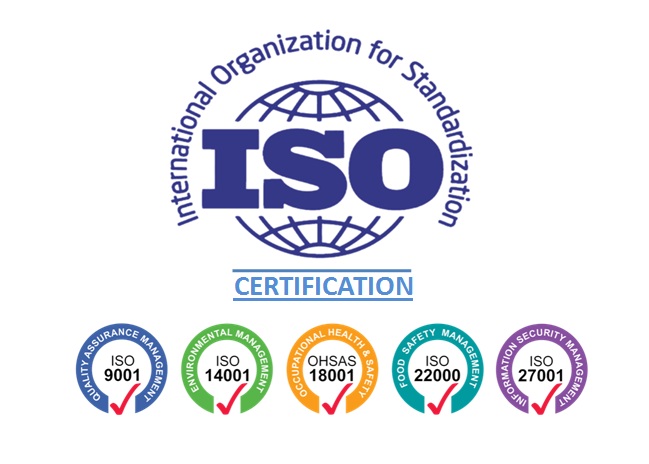
You must provide people higher-quality services in the current competitive globe in order to keep your reputation in the industry. Even if your company wants to sell and enter the global market, you still need to establish the value of your brand and your products. India’s ISO certification aids in that. The ISO certification attests to the organization’s and your products’ compliance with international standards for quality and other requirements.
Definition of ISO Registration
The International Organization for Standardization (ISO) is a global organisation that creates ISO standards to promote global trade. It was established in 1947 as a group to advance global industrial and commercial standards. The ISO, a group of about 162 nations, has been setting standards for international trade and facilitating global trade by offering universal standards for all nations. satisfaction of the workforce and top-notch goods and services.
What is Indian ISO Certification?
The presence of an ISO certification guarantees that the offered goods and services adhere to high standards. An independent, voluntary organisation called ISO sets standards for the effectiveness, reliability, and security of a company’s products and services. The quality management systems of the company are validated by the ISO certificate. Among ISO’s many goals are improving organisation quality and productivity, turning an organisation into a hub for lucrative prospects, increasing employee and customer pleasure, and providing the highest calibre goods and services.
ISO Registration Fees
- Pricing : 1499/- INR ( All Inclusive)
- Include :
- #1 ISO Registration by Professional Legal Expert
- #2 ISO Registration application Preparation and Drafting
- #3 Submission of the ISO Registration with the Govt with the proper documents.
India’s documentation requirements for ISO certification
The sort of ISO Certification you are acquiring for your firm will determine the documentation needed. Let’s utilise the most prevalent ISO certification, 9001, which stands for the quality management system, as an example (QMS). Some of the records, documents, and other items that must be submitted in order to receive an ISO certification have been listed below:
The monitoring and measuring equipment calibration records are mandatory records under the QMS’s purview, and the procedures for resolving risks and opportunities are non-mandatory documentation.
Records of design and development controls and outputs are required for suppliers and are selected during the selection process.
Process of ISO Certification
- Choose an ISO certification body and the ISO standard for which you desire a certificate.
- Send an application to the ISO certification authority in the format specified by it, outlining the access rights, confidentiality agreements, and the rights and obligations of the organization’s owner.
- Your application and the supporting documentation will be examined by the ISO certification body. Your organization’s quality manuals and papers will be examined by the ISO certification body.
- The ISO certification body determines the main flaws or weaknesses in the system and then gives the organisation a cure period to fix these flaws and weaknesses.
- You will receive ISO certification after a report is produced.
Cost of ISO Certification
The cost of ISO certification must always be considered by the organisation before seeking for certification. However, the price of ISO certification varies from company to company and is assessed differently on the following grounds:
- number of personnel using the ISO standard
- How many processes are involved
- Risk level associated with the type of employment, the number of shifts worked, etc.
- Therefore, the aforesaid variables determine the cost of ISO
